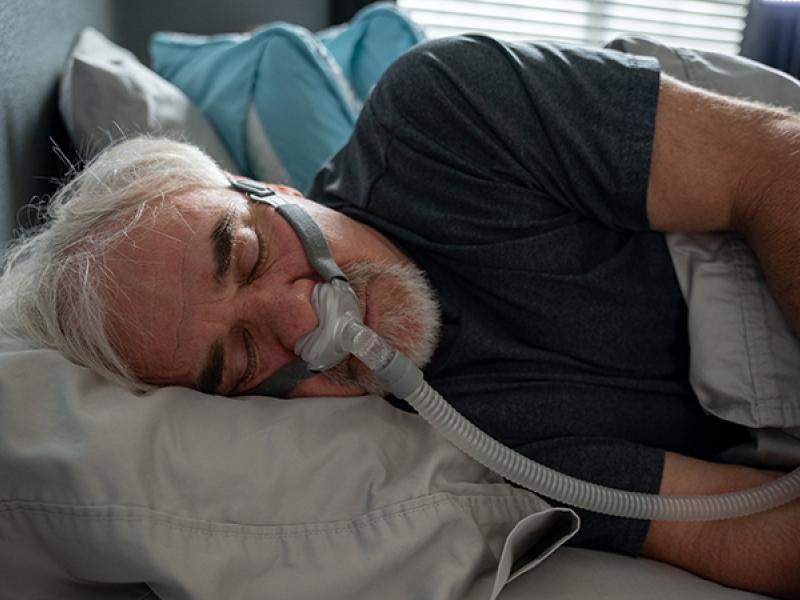
In a groundbreaking clinical study spanning two continents, University of Missouri researchers will collaborate with Wake Forest University and three other institutions to determine whether a scientifically proven diet and exercise program can help prevent women from developing osteoarthritis in their knees.
The MU School of Medicine’s Department of Orthopaedic Surgery has received more than $1 million dollars from the National Institute of Arthritis and Musculoskeletal and Skin Diseases, the Arthritis Foundation and the Centers for Disease Control and Prevention to serve as the data management, biobank and biomarkers analysis site for the randomized clinical trial named The Osteoarthritis Prevention Study (TOPS).

“This is the first multicenter randomized clinical trial of its kind to examine a proven weight loss and exercise program for its potential to prevent knee osteoarthritis,” said James L. Cook, DVM, PhD, William & Kathryn Allen Distinguished Chair in Orthopaedic Surgery and director of the Thompson Laboratory for Regenerative Orthopaedics. “Knee osteoarthritis is a leading cause of disability in adults worldwide, and there is no cure. Our goal is find ways that are feasible and accessible to everyone to actually prevent osteoarthritis, and we are honored to be invited to participate in this groundbreaking work.”
Cook and his MU research team will collaborate directly with Wake Forest University, which is the coordinating center for the study. The other sites that will enroll women into the study include Brigham and Women’s Hospital in Boston, University of North Carolina at Chapel Hill and University of Sydney in Australia. MU is not serving as an enrolling site based on its primary roles for the study.
The study sites will enroll 1,230 women aged 50 and older who have not yet been diagnosed with knee osteoarthritis. Participants in the four-year study will be randomly assigned to a diet and guided exercise group or a healthy living group. The study will use MRI scans, assessments of knee pain, mobility and health-related quality of life, and biomarkers in blood to assess the effects of the diet and exercise program for preventing the development of knee osteoarthritis in these at-risk women.





